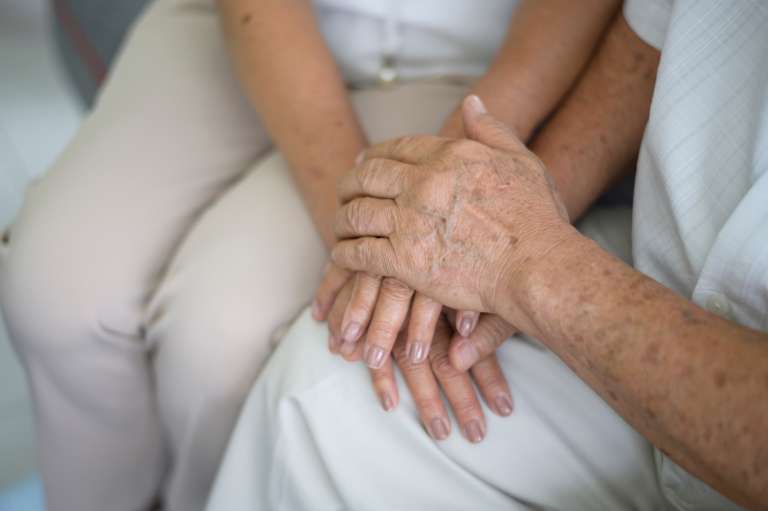
This week marks Mental Health Awareness Week. This year’s theme is nature and the environment.
During the pandemic our relationship with nature has been complicated. The Office for National Statistics noticed that people used nature to help them during the first lockdown. However, they also noticed an apparent waning of this interest during the winter, following a University College of London study. These behavioural changes coincided with a deterioration in happiness levels.
And with GPs and hospitals cutting back on face-to-face appointments over the past year, it has become increasingly difficult for some of these people to access the mental health services that they need.
But recently the NHS has been sending a clear message: if you need help, seek it.
We understand however that it’s hard to know how you should seek medical help at the moment, with some services still not operating as usual. That’s why we wanted to use Mental Health Awareness Week to remind you where you can get help, if you need it.
One in four people experience mental health issues in their lifetime.
Don’t ignore your symptoms
When we wrote about how to seek help for any physical symptoms during the pandemic, we started with a plea, to not ignore your symptoms. The same applies to any psychological symptoms that you are experiencing.
Doctors were – and still are – concerned that people have put off getting treatment, because of the pandemic. But the message is clear: if you are experiencing any worrying symptoms you must seek medical attention.
Keeping on top of your mental health
It has been widely recognised that lockdown is likely to have had a detrimental effect on mental health. The NHS have published a guide to help people staying at home keep on top of their mental health. Although it was aimed at those who were shielding, the principles apply widely.
If you feel like you need support, remember that your GP is still available (in line with the guidance below). The NHS also provide a list of urgent support contacts.
Getting treatment from a GP during the pandemic
A year on from the start of the pandemic and most of us are adapting to new ways of living. This includes GPs, who should now be well-adjusted to new, safe ways of providing the care their patients need.
At the time of writing, the NHS still say that you should not visit your surgery in person though. In the first instance you should call, or visit your surgery’s website, to see what their policies are.
Improving Access to Psychological Therapies (IAPT)
IAPT is an NHS programme that aims to make talking therapy treatments more available and is recommended by the National Institute for Health and Clinical Excellence (NICE).
IAPT services are available to people who:
- Live in England; and
- Are 18 years old, or older.
Although GPs can make IAPT referrals, you do not need a GP referral; you can refer yourself using the NHS’s website. If you want to find your nearest IAPT service, you can do so by typing “IAPT” and the first part of your postcode into Google.
IAPT provide a number of talking therapy options, including cognitive behavioural therapy (CBT), counselling and other self-help treatments. They also offer help for common mental health issues, such as anxiety and depression.
Finally, there are various charities, like Samaritans and MIND, who are still working to help people – despite the pandemic!





